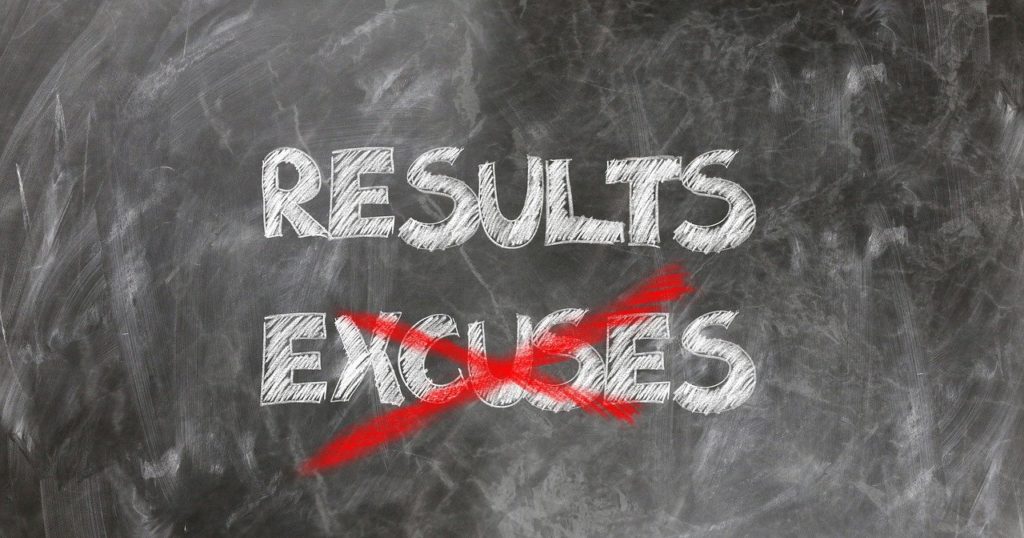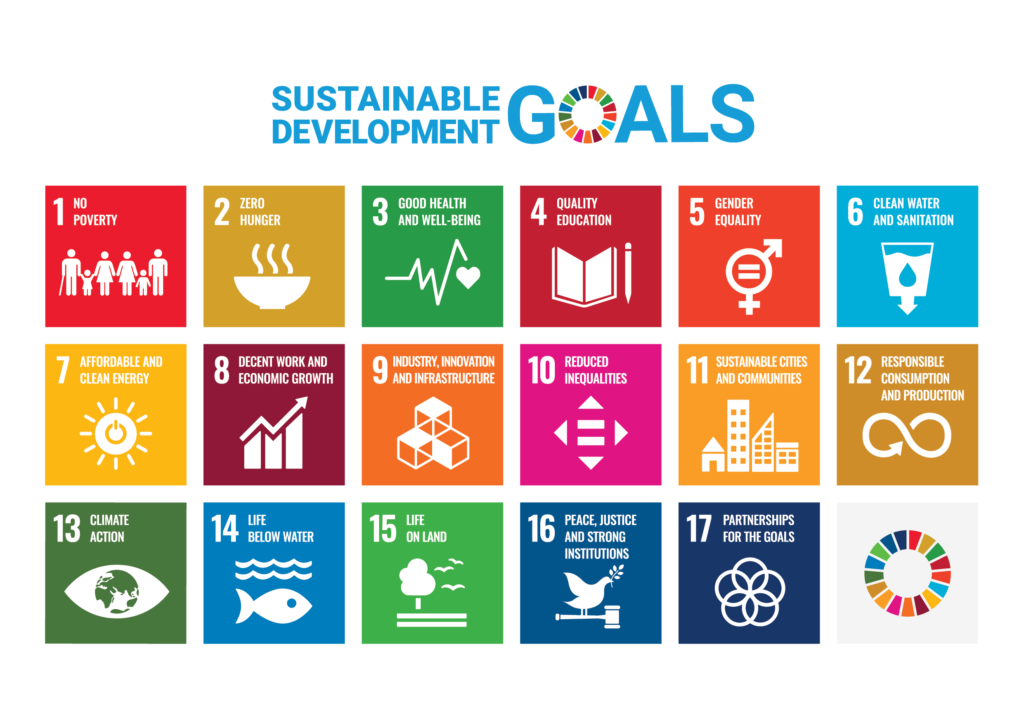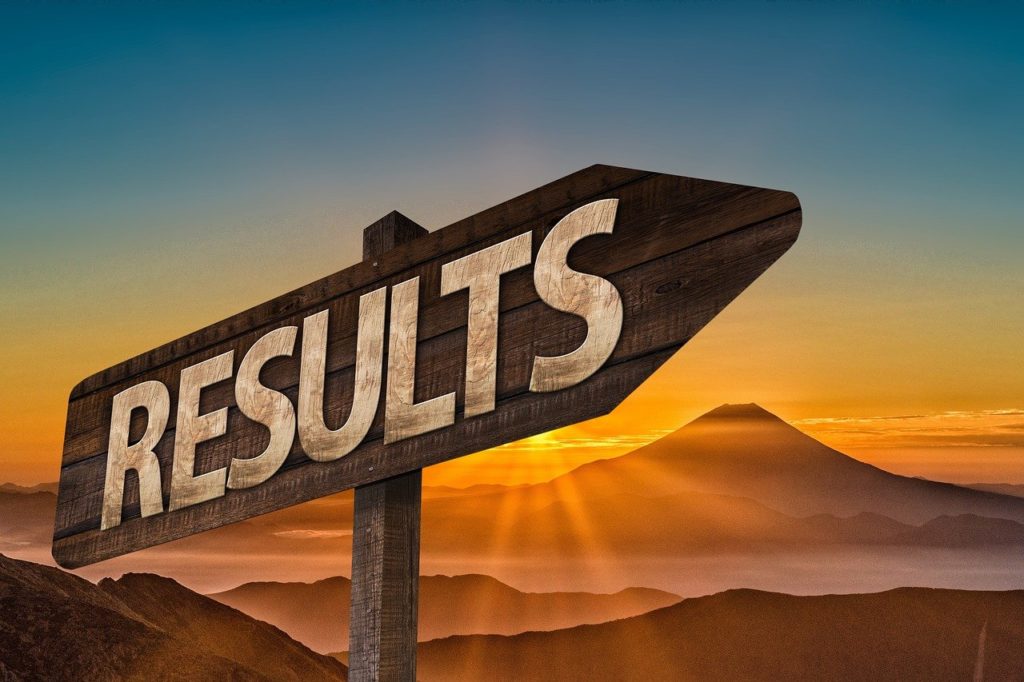This article originally appeared in the January 2021 edition of TIAC Talk.
By Angela Nagy, CEO
It’s that time of year when many of us make resolutions to do better than we did last year in our lives and businesses. Integrating impact goals and weaving sustainability into the planning process for your tourism business or destination can result in significant results; small to mid-sized organizations with a well-planned sustainability strategy can not only increase their financial performance, but they can also make the world a better place at the same time.
The bulk of the financial opportunities come from reducing energy, water and waste, but additional savings are found from improved employee productivity due to more engaged and satisfied employees; as well as new revenue that results from new customers attracted by your sustainable actions, or new products or services, centred around social, environmental or cultural sustainability.

Here are the five key steps to creating an impact plan and sustainability strategy for your tourism businesses or destination:
- Engage your team: Ensure that you have senior management support or leadership, as well as staff participation from all levels of the organization. This ensures maximum leverage and buy-in to help make the plan a success. Commit to a monthly sustainability-focused meeting, or add key sustainability goals into your regularly scheduled meetings, and ensure that actions coming out of the meeting are documented, assigned and tracked.
- Establish a baseline: What gets measured gets managed. A great way to identify how you are doing on a broad scale of sustainability indicators is by taking this free Sustainability Score assessment for tourism businesses and destinations. With criteria recognized by the Global Sustainable Tourism Council, and aligned with the UN Sustainable Development Goals (UN SDGs), it provides a snapshot of your performance in key areas of impact. You can see where your organization’s strengths are and where you have opportunities to do better, allowing you to set some goals for improvement.
- Set some goals: Crafting a lofty yet realistic vision and set of goals to improve your positive impacts is an exciting and challenging task. What would your organization look like if you are truly sustainable, or even regenerative, in 5 years, 10 years, or 25 years? What specific goals will help you get there? Work with your team to choose three to five goals ideally that align with existing parts of your strategy or business plan, and put a number to them. Draw on the UN SDGs by checking out Global Compact Canada, the Canadian chapter of the UN Global Compact, for inspiration. The best goals will be SMART: specific, measurable, achievable, relevant, and time-bound.
- Determine actions to achieve goals: Get your team together to discuss the 5-7 key actions that will be necessary to achieve each of your goals. Then decide what timelines and resources will be needed, and prioritize your action plan. Ideally, put those actions that have the lowest budget requirements and the greatest impacts, first. Achieving some early wins will help to build momentum.
- Document your plan: Successful sustainability action plans will include the goal, the actions to achieve the goal, the person responsible for each action, the budget required, the timeline, and then regular updates on the status and measurement of impact. Include and update this plan during your regular team meetings, and report on your results regularly through your internal communications channels.

Don’t forget to share your completed plan publicly. Let your guests or other stakeholders see that you’ve measured and made commitments to improve your sustainability performance, and then provide regular updates about your progress and the positive impacts that you’re making. Tell your sustainability story on your website, your social media channels, in blog posts, and by entering sustainability achievement awards, such as TIAC’s Air Transat Responsible Tourism Award. Sustainability is a journey, not a destination, so have fun along the way and feel good knowing that you’re part of a growing global movement that is leveraging the power of tourism as a force for good.

